It’s crucial for everyone should know how the IRS contacts taxpayers. This will help people avoid becoming a victim of scammers who pretend to be from the IRS with the goal of money or stealing personal information.
Here are some facts about how the IRS communicates with taxpayers:
- When the IRS needs to contact a taxpayer, the first contact is typically by letter delivered by the U.S. Postal Service. Fraudsters often send fake documents through the mail and, in some cases, will claim they already notified a taxpayer by U.S. mail. Depending on the situation, IRS employees may first call or visit with a taxpayer. In some instances, the IRS sends a letter or written notice to a taxpayer in advance, but not always.
- IRS revenue agents or tax compliance officers may call a taxpayer or tax professional after mailing a notice to confirm an appointment or to discuss items for a scheduled audit.
- Private debt collectors can call taxpayers for the collection of certain outstanding inactive tax liabilities, but only after mailing the taxpayer and their representative written notice.
- In some instances, IRS revenue officers and agents may make unannounced visits to a taxpayer’s home or place of business to discuss taxes owed, delinquent tax returns or a business falling behind on payroll tax deposits. IRS revenue officers will request payment of taxes owed by the taxpayer. However, they will only request payments be made to the U.S. Treasury.
- When visited by someone from the IRS, who is seeking personal information or collecting a tax debt, taxpayers should always ask for credentials. IRS representatives can always provide two forms of official credentials: a pocket commission and a Personal Identity Verification Credential.
- In some cases, departments within the IRS may contact a taxpayer requesting copies of documents via email and/or fax. Taxpayers should request a way to verify the IRS employee’s identity like requesting their email address, or employee badge number.
The IRS will never:
- Send text messages or contact people through social media to get personal information or collect a tax debt.
- Demand immediate payment using a specific payment method such as a prepaid debit card, gift card or wire transfer.
- Threaten to immediately bring in local police or other law enforcement groups to have the taxpayer arrested for not paying.
- Demand that taxes be paid without giving taxpayers the opportunity to question or appeal the amount owed.
- Call unexpectedly about a tax refund.



